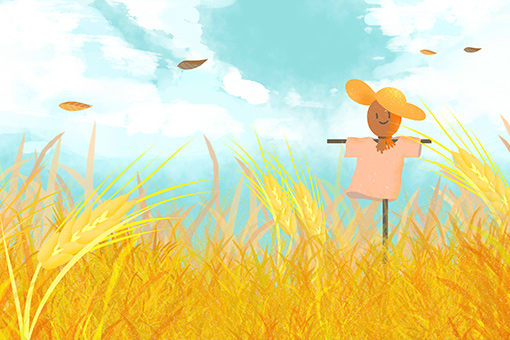Strictly speaking, without entering retreat, with a distracting mind one cannot practice dharma. Hence, during practice, one at least has to be solitary for one or two hours a day. Practicing dharma cannot be replaced by money. Doing life release or giving offering can help us accumulate merit, but mind training is not related to money.
~Depicted from Luminous Wisdom Book Series











